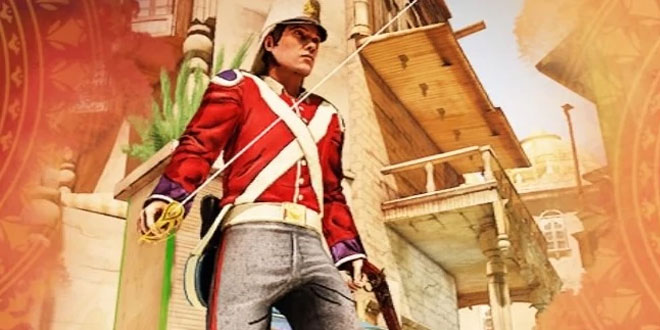Question: What was the result of Rani Channamma’s anti-British resistance movement?
Answer: She was put in the prison where she died.
Question: What was Lord Dalhousie’s Doctrine of Lapse?
Answer: If an Indian ruler died without a male heir his kingdom would become the part of Company territory.
Question: Name the Kingdoms which were annexed on the basis of ‘Doctrine of Lapse’.
Answer: Satara, Sambalpur, Udaipur, Nagpur and Jhansi.
Question: What constituted the Mughal army?
Answer: Cavalry and infantry, that is; paidal soldiers.
Question: Why was Warren Hastings, the first Governor-General of India, tried after he returned to England?
Answer: He was tried for the misgovernance of Bengal.
Question: What was the result of this trial?
Answer: Warren Hastings was impeached.
Question: Give an account of different European trading companies besides the British East India Company that entered the Eastern markets.
Answer: Different European trading companies were:
- The Portuguese: By the time the first English ships sailed down the West coast of Africa, round the Cape of Good Hope, and crossed the Indian Ocean, the Portuguese had already established their presence in the western coast of India and had their base in Goa.
- The Dutch: By the early 17th century, the Dutch too were exploring the possibilities of trade in the Indian Ocean.
- The French: The French traders soon arrived on the scene for the same purpose.
Question: What were the grievances of the Company regarding the Nawabs of Bengal?
Answer: The Company declared that the unjust demands of the local officials were ruining the trade of the Company. Trade could flourish only if the duties were removed. It was also convinced that to expand trade it had to enlarge its settlements, buy up villages and rebuild its forts.
Question: Write a note on Tipu Sultan—The ‘Tiger of Mysore’.
Answer: Tipu Sultan was the famous ruler of Mysore. He ruled Mysore from 1782 to 1799. Under his leadership Mysore became very powerful. It controlled the profitable trade of the Malabar coast where the Company purchased pepper and cardamom. In 1785 Tipu Sultan stopped the export of these items through the ports of his kingdom, and disallowed local merchants from trading with the Company. He also developed relationship with the French in India to modernize his army with their help. The British got furious. They waged four battles against Tipu Sultan. The last battle proved unfortunate for him. He was killed depending his capital Seringapatam. The way he resisted the British is undoubtedly praiseworthy.
 Class Notes NCERT Solutions for CBSE Students
Class Notes NCERT Solutions for CBSE Students


